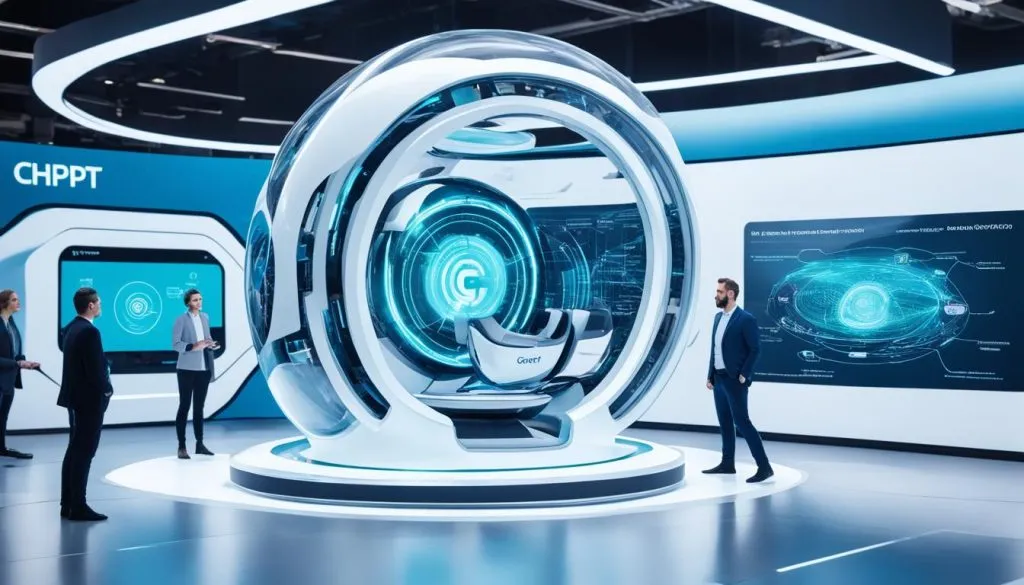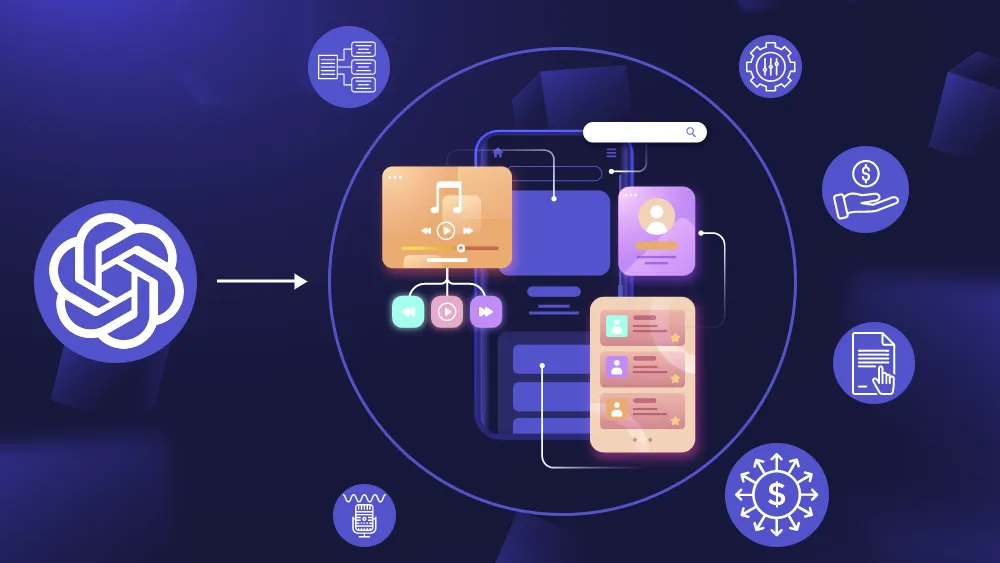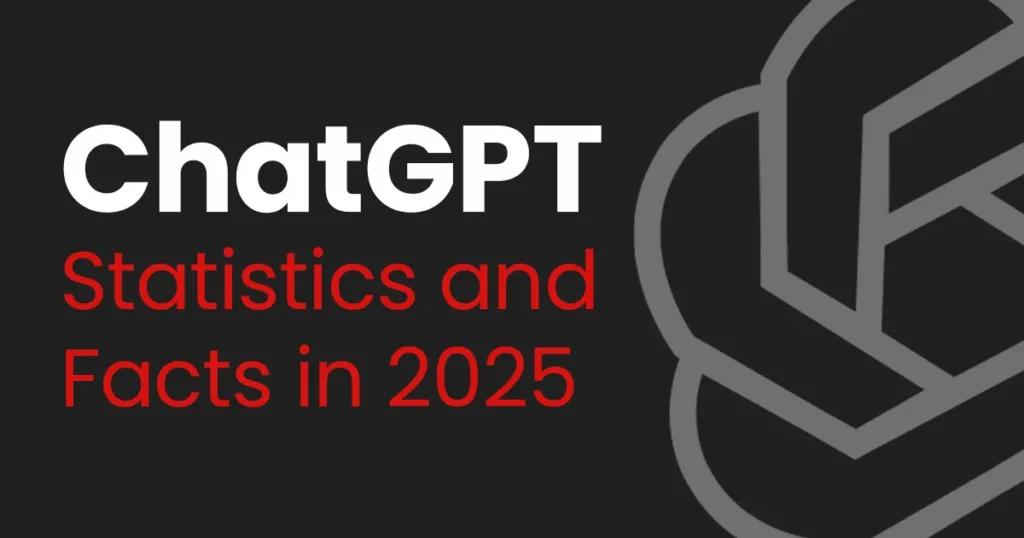Introduction
The year 2025 marks a pivotal moment in the evolution of conversational AI. ChatGPT, a leader in this domain, continues to redefine how we interact with technology. With groundbreaking advancements, enhanced applications, and a focus on ethical AI, ChatGPT has solidified its position as a cornerstone of innovation. This article delves into the advancements, opportunities, and challenges of ChatGPT in 2025, highlighting its transformative impact across industries.

The Evolution of ChatGPT
From Conversational Assistant to Holistic Solution
ChatGPT has grown from a conversational tool to a holistic AI solution capable of performing multifaceted tasks. By 2025, it exhibits near-human levels of contextual comprehension, emotional intelligence, and problem-solving. It’s no longer just a language model but a versatile assistant integrated into countless systems and workflows worldwide.
Key Milestones
- 2024: Introduction of adaptive learning, enabling real-time improvements based on user interactions.
- 2025: Deployment of ultra-efficient AI models capable of multimodal interactions, including seamless transitions between text, voice, and visual data.
- Expansion: ChatGPT is now accessible in over 150 languages, fostering inclusivity and global engagement. This broad accessibility has made ChatGPT a vital tool in bridging communication gaps across borders and cultures.
Applications of ChatGPT in 2025
Business and Enterprise
- Dynamic Customer Support: ChatGPT’s ability to understand and predict customer needs has revolutionized service models, leading to higher satisfaction and retention rates. With added emotional intelligence, it can better address customer concerns with empathy and precision.
- Advanced Analytics: Businesses use ChatGPT for data analysis, trend forecasting, and strategic planning, reducing dependency on traditional tools. It can process massive datasets within seconds, offering actionable insights.
- Marketing Automation: From generating personalized ad content to crafting entire campaigns, ChatGPT empowers marketers to achieve efficiency and creativity. Marketers now rely on its capabilities to produce copy, design strategies, and even optimize campaign performance in real time.
Education and Learning
- AI-Powered Mentors: ChatGPT’s adaptive learning algorithms offer students a bespoke educational experience, catering to unique needs and learning styles. Teachers use it as a co-teacher to enhance curriculum delivery and provide personalized attention to students.
- Global Classroom Integration: Institutions worldwide integrate ChatGPT to provide language support, tutoring, and curriculum design assistance. Additionally, it serves as a bridge in multilingual classrooms, translating and clarifying concepts instantly.
- Skill Development: Lifelong learners and professionals use ChatGPT to acquire new skills, from coding to creative writing, making education more accessible and flexible.
Healthcare
- Patient Interaction: ChatGPT enables real-time patient engagement, offering insights into symptoms and medication adherence. It’s also used in telehealth platforms, where patients can describe symptoms and receive accurate preliminary assessments.
- Research Support: It accelerates medical research by analyzing datasets, identifying patterns, and generating hypotheses. Healthcare professionals rely on its assistance for literature reviews and clinical decision-making.
- Mental Health Support: ChatGPT’s empathetic design offers a supportive environment for users seeking mental health advice, providing resources and guidance while recommending professional care when needed.
Personal Use
- Virtual Companions: ChatGPT’s enhanced emotional intelligence makes it a trusted companion for individuals seeking advice, entertainment, or conversation. Its ability to recall context from previous interactions creates a more meaningful and personalized user experience.
- Productivity Tools: From managing schedules to summarizing lengthy documents, ChatGPT streamlines daily tasks. It can also act as a project manager, organizing tasks and ensuring deadlines are met efficiently.

The Future of Conversational AI
Hyper-Personalization
By 2025, ChatGPT provides hyper-personalized experiences, understanding not just user preferences but also subtle nuances like tone and intent. Whether in customer support or personal use, its ability to adapt to the user’s unique style and requirements sets it apart.
Ethical AI Development
Developers are addressing long-standing concerns such as bias, privacy, and misinformation. ChatGPT’s operations adhere to rigorous ethical frameworks, ensuring trustworthy interactions. Transparency features, like source attribution, help users understand the basis of its responses.
Integration with Cutting-Edge Technologies
- Edge Computing: ChatGPT processes data locally on devices, reducing latency and enhancing privacy. This is particularly useful in areas with limited internet connectivity.
- Wearables and AR: Integration with wearable devices and augmented reality creates immersive experiences for users in gaming, training, and virtual collaboration. Imagine interacting with ChatGPT in a virtual space, where it provides real-time guidance or assistance.
- AI Ecosystems: ChatGPT collaborates with other AI systems to create interconnected solutions that span healthcare, finance, and entertainment. For example, in smart cities, ChatGPT aids in managing energy consumption and traffic control through integrated AI networks.
Challenges and Opportunities
Challenges
- AI Regulation: Complying with diverse international regulations remains complex. The global nature of AI necessitates harmonized policies that balance innovation with safety.
- Bias Mitigation: Eliminating subtle biases in responses is a continuing priority. Developers employ advanced testing and monitoring to address this challenge.
- Scalability: Supporting billions of users while maintaining performance requires ongoing innovation. Cloud-based and decentralized solutions are being explored to address this issue.
Opportunities
- Universal Accessibility: ChatGPT’s reach into underserved communities empowers individuals and fosters digital inclusivity. By offering localized content, it addresses cultural and linguistic barriers.
- Innovation Acceleration: Its integration with quantum computing paves the way for solving previously insurmountable problems. This could revolutionize fields like drug discovery and climate modeling.
- Sustainability Initiatives: Energy-efficient models contribute to reducing the environmental impact of AI. ChatGPT’s development focuses on sustainable practices, ensuring that its expansion doesn’t come at the cost of the environment.

Conclusion
ChatGPT in 2025 represents the cutting edge of conversational AI, driving innovation across industries and improving daily lives. Its applications span from education to healthcare, showcasing its versatility and adaptability. While challenges persist, the commitment to ethical development, personalization, and technological integration ensures a future where AI serves as a powerful ally to humanity. As it evolves, ChatGPT is not just a tool but a partner, enhancing our abilities and broadening possibilities. The journey ahead is as promising as it is transformative, and ChatGPT stands ready to lead the way.
FAQs
Q1: How has ChatGPT improved in 2025 compared to 2024?
A1: In 2025, ChatGPT features enhanced multimodal interactions, faster processing through edge computing, and broader language support, making it more accessible and efficient. It also offers improved emotional intelligence for more empathetic interactions.
Q2: What industries benefit the most from ChatGPT?
A2: Industries such as business, healthcare, education, and entertainment see transformative impacts through applications like customer engagement, medical research, personalized learning, and productivity enhancements.
Q3: How does ChatGPT ensure ethical AI usage?
A3: Developers implement strict data privacy measures, bias mitigation strategies, and transparency protocols to ensure responsible AI operations. It also provides users with clear disclosures about how data is used.
Q4: Can ChatGPT work offline?
A4: Yes, advancements in edge computing enable offline capabilities for certain applications, enhancing privacy and reducing latency. These features are particularly valuable in remote areas.
Q5: What’s next for ChatGPT beyond 2025?
A5: The future includes deeper integration with AI ecosystems, quantum computing, and advanced personalization. ChatGPT is also expected to play a key role in addressing global challenges like climate change, education inequality, and healthcare accessibility.







